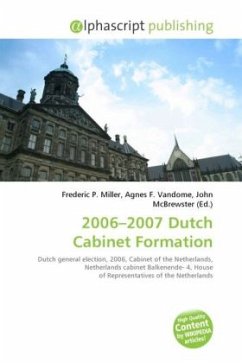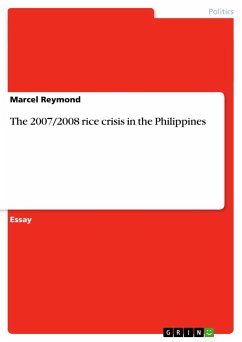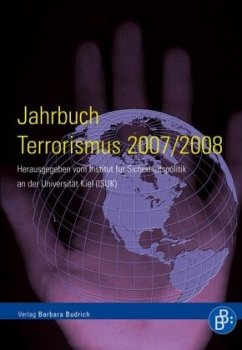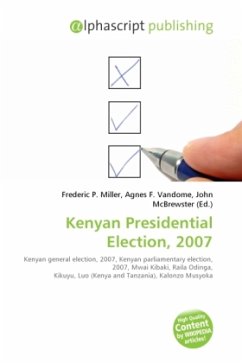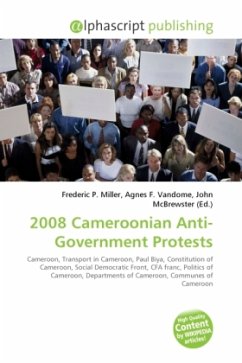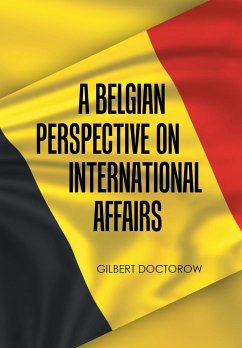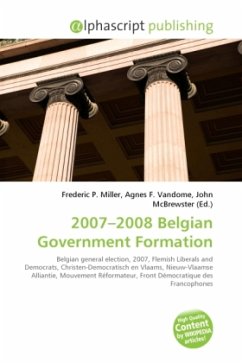
2007 - 2008 Belgian Government Formation
Versandkostenfrei!
Versandfertig in 6-10 Tagen
30,99 €
inkl. MwSt.

PAYBACK Punkte
15 °P sammeln!
The 2007 2008 Belgian government formation followed the general election of 10 June 2007, and consisted of a period of negotiation in which the Flemish parties Flemish Liberal Democratic (Open VLD), Christian Democratic and Flemish (CD&V) and New-Flemish Alliance (N-VA), and the French-speaking parties Reformist Movement (MR), Democratic Front of Francophones (FDF) and Humanist Democratic Centre (CdH) negotiated to form a government coalition. The negotiations were characterized by the disagreement between the Dutch- and French-speaking parties about the need for and nature of a constitutional...
The 2007 2008 Belgian government formation followed the general election of 10 June 2007, and consisted of a period of negotiation in which the Flemish parties Flemish Liberal Democratic (Open VLD), Christian Democratic and Flemish (CD&V) and New-Flemish Alliance (N-VA), and the French-speaking parties Reformist Movement (MR), Democratic Front of Francophones (FDF) and Humanist Democratic Centre (CdH) negotiated to form a government coalition. The negotiations were characterized by the disagreement between the Dutch- and French-speaking parties about the need for and nature of a constitutional reform. According to some, this political conflict could have led to a partition of Belgium. On November 6, the formation talks became the longest in Belgian history. When the Parliament confirmed the formation of an interim Government, it had been 196 days since the Belgian people had voted out the previous coalition. It was the second longest formation period in European history, after the Dutch record of 208 days in 1977. Talks were interrupted twice by the resignation of the formateur, which left the political parties waiting for a new appointment by the King.



